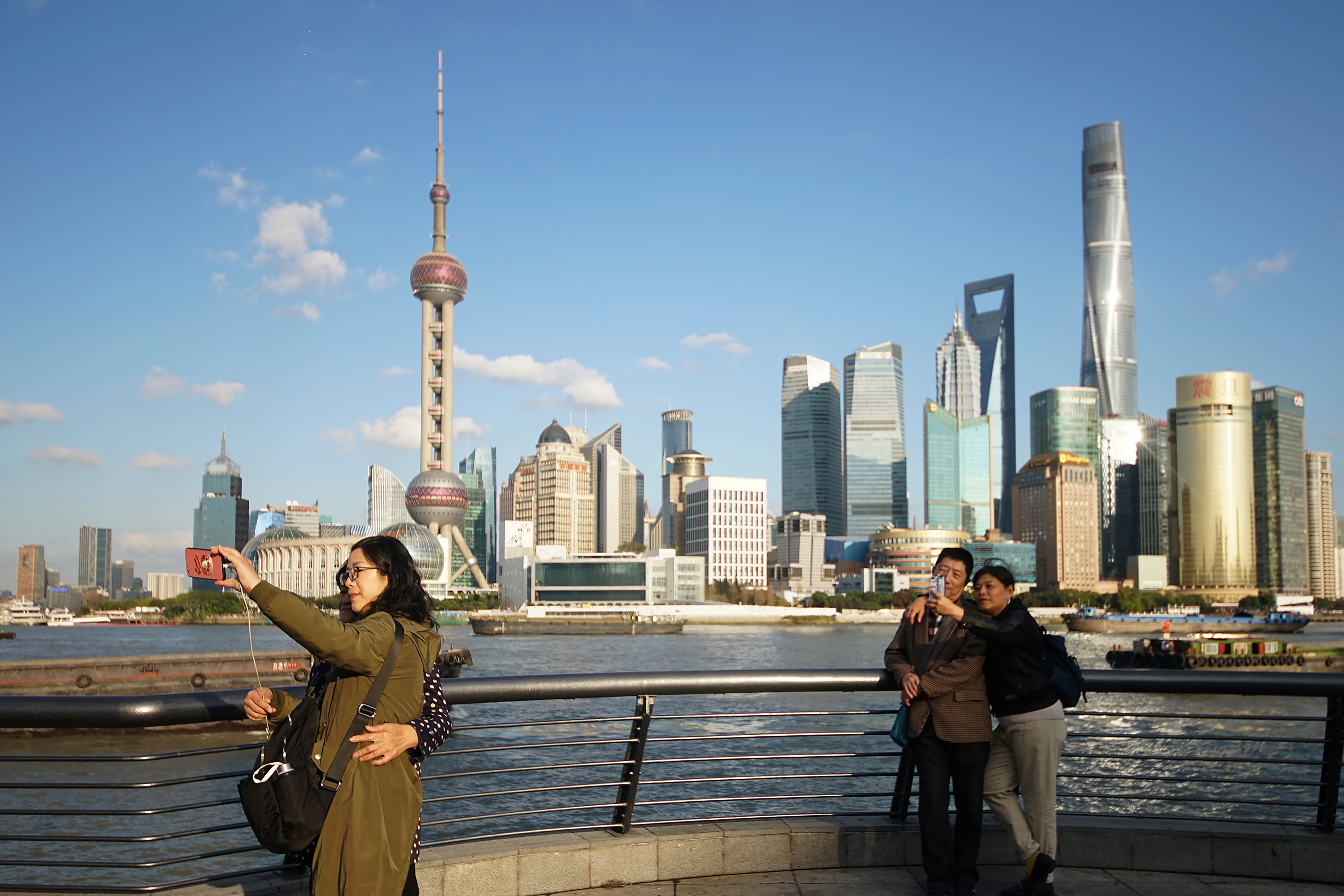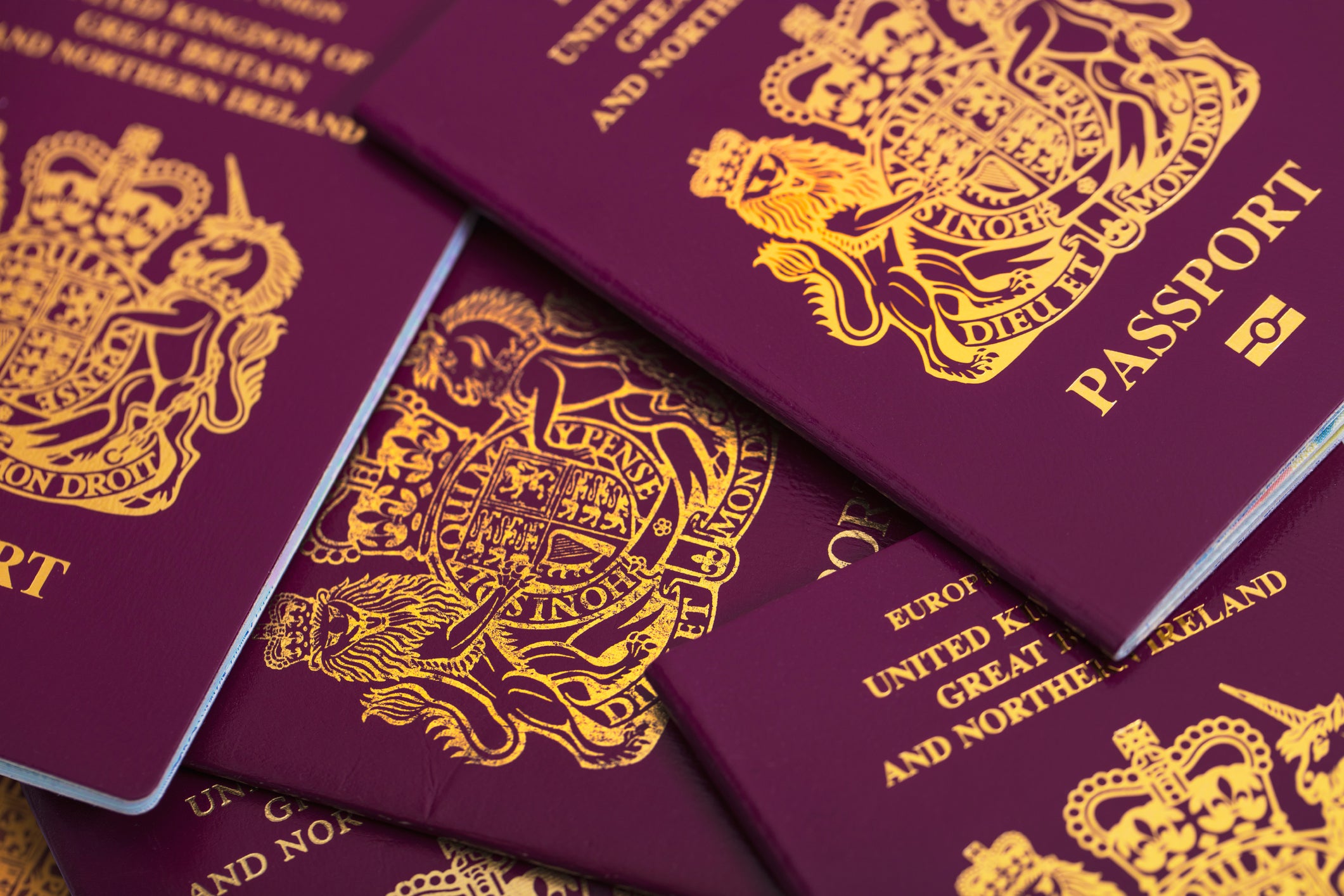How much am I entitled to after Covid cancelled both of my cruises?
Simon Calder answers your questions on replacement holidays and more


Q Early in 2020 I booked direct with a cruise company for a trip to the Canaries in the spring of 2021. When the departure date neared, all international travel was banned because of Covid and so it was cancelled.
The company offered a choice between a full refund and a postponement to an identical cruise. I thought I was being smart in choosing the latter, which I rebooked for 2022, because the price of the new one was at least £300 more than I had originally paid. But everyone had to take a test before boarding and unfortunately mine was positive, so obviously I couldn’t go.
The cruise company said I could have a “future cruise credit” – but only to the value of the original cruise. That seems most unfair because I will have to add hundreds of pounds to the credit to pay for something I was due to experience two years ago. Can I at least get a full refund in cash of my original payment, or claim something from travel insurance?
Name supplied
A As you say, this is a most unfortunate turn of events. It is important to unpick the series of issues involved. First, I agree you were smart to go for a “like-for-like” replacement. It seemed clear that prices of cruises were far higher than before Covid. In your position I would have done the same.
However, as you will appreciate, you were taking a risk that you might test positive and be unable to travel. Once that happened, I can understand your expectation of getting a future cruise credit to the value of the voyage you missed. But I do not think it is unreasonable for the company to allow you only the original value in credit – there was not, as far as I can see, any legal obligation to offer you anything if you were unable to travel for medical reasons.
At this point you could have tried your travel insurer – who probably would have asked if the company would provide a refund. For insurance purposes, a credit for future travel is regarded as a refund – even if it is plainly a different and less valuable commodity. So the insurer would probably have declined a claim when you tested positive, and would probably do so now. All you can do is stump up the extra and hope that the trip provides sufficient reward after years of anticipation.

Q We have a three-night stay in Rome booked in late May, with a hotel and flights. But where do we start in terms of sightseeing? I really don’t want to miss the main attractions.
Adrienne L
A For any exploration of a great city, it is well worth consulting one or more guidebooks, as well as the latest “48 Hours In...” guide from The Independent. Buy a map, and then follow this recipe for a good trip.
1. Make a list of everything you want to see and do. It is well worth having two lists – one for essentials, the other for “nice to see” locations.
2. Plot everything on a map. This will help you to group attractions geographically and visit everything together in each area. In addition, you may be able to pick up some of the “secondary sights” on the way to your main draws.
3. Check to see that everything is open on the days you’re there; Monday often sees even the flagship tourist attractions closed, such as the Borghese Gallery. This may shift the order in which you visit things. Buy tickets in advance where appropriate.
In Rome, I suggest your top priorities might be the Colosseum, St Peter’s Basilica in the Vatican, and the Pantheon. There are also a host of wonderful churches, with great altarpieces, ceiling paintings and sculptures. Were I to pick my top two, they would be San Ignazio and Santa Maria del Popolo. Also, while some travellers decry open-top hop-on/hop-off buses, I find them a very good way of getting perspective on a city on your first day.
I am also keen on building in an extra treat on the way to the airport. Assuming you are flying out of the main airport – Fiumicino – then you could take in the remarkable ruined city of Ostia Antica on the way to catching your flight home.

Q We are due to fly to Shanghai on 2 May to see our son. The Chinese embassy website says we need a negative test for Covid within 48 hours of departure. However, we understand that this will be changing on 29 April. But we’ve just had an email from Virgin Atlantic to say we need a PCR in order to fly. Please can you clarify whether there is going to be a change, and whether we still need the PCR test?
Wendy M
A Thankfully, it has been a long time since I have answered a question on PCR versus rapid antigen/lateral flow tests; two years ago they were a staple of travellers’ questions. China is one of very few nations still to require testing in advance (though others, including the United States, allow in only fully vaccinated international visitors).
As I write, the website of the embassy of the People’s Republic in London insists that a slow and expensive PCR test (typically costing £60-£100) is required. This involves careful scheduling so that the test is both taken and processed within the 48 hours before your plane departs for Shanghai.
Yet across in Beijing, all the signs are that China is softening its testing requirements on Saturday 29 April. Western media have quoted a foreign ministry spokesperson as saying the PCR rule will cease to be mandatory for people arriving from 29 April onwards. Instead, travellers to China will be able to take a quick and easy rapid antigen test within 48 hours of boarding a China-bound flight.
I am not surprised Virgin Atlantic is still sending out reminders, but I believe that the embassy will clarify the new rules shortly and that you will not need to pay for an expensive test.
The information I have – which you should check before departure – is that self-testing will be acceptable, using one of the kits widely available from UK pharmacies. You must specify the result when filling out the health declaration on the China customs app or online, and take the test result with you. The airline need not check the test at the departure airport for China, though carriers who are bruised by three years of complex international travel restrictions may do so from force of habit.
Once on board the plane, the Chinese authorities say: “You are cordially recommended to wear a mask throughout the flight.” On arrival, be aware that random checks may be imposed. “Those whose results are positive will need to self-quarantine or seek medical treatment as notified by the authority,” says the Chinese government.

Q I have just landed in Malta with a passport issue date of 24 May 2013 and an expiry date of 24 February 2024. Border control stopped me and were adamant that my passport was not valid and did not have three months left on it. They kept repeating that it expires exactly 10 years after the issue date.
Fortunately, I had contacted the Maltese High Commission in London ahead of the trip, who confirmed that my passport would be accepted. I showed the officials the email exchange and they eventually let me in. But I travel to Brussels in two weeks and am worried I will have the same problem. Is there a document that confirms my passport is valid? I have contacted the Belgian embassy in London, who would not commit to anything.
Amy W
A Your message is alarming because every European Union nation should by now be entirely clear about post-Brexit entry rules for UK citizens. As you know, there are two conditions that a British passport holder must satisfy before travelling. On the day of entry to the EU, less than 10 years since issue date; on the intended day of departure from the EU, at least three months remaining until the expiry date. The airline on which you flew to Malta evidently understood the rules more clearly than the passport staff you encountered.
I asked the tourism authorities if Malta operates a different set of rules from the rest of the European Union. The answer, predictably, was “No.” I was told you were “right to inform immigration that you had the right to go in”. Yet it should not be down to travellers to inform the people on passport control about their entitlement to enter.
Until I received your question, all the problems over the validity of UK passports were about airlines wrongly misinterpreting the rules; yours is the first case I have encountered in which passport officials in an EU country have got it wrong. I hope this was just an aberration, and that my enquiry on your behalf will help to ensure Maltese officials are properly briefed on the rules to which the UK asked to become subject. Please don’t fret about your forthcoming trip to Belgium – I have not heard of any such questions.
Email your question to s@hols.tv or tweet @simoncalder





Join our commenting forum
Join thought-provoking conversations, follow other Independent readers and see their replies
Comments